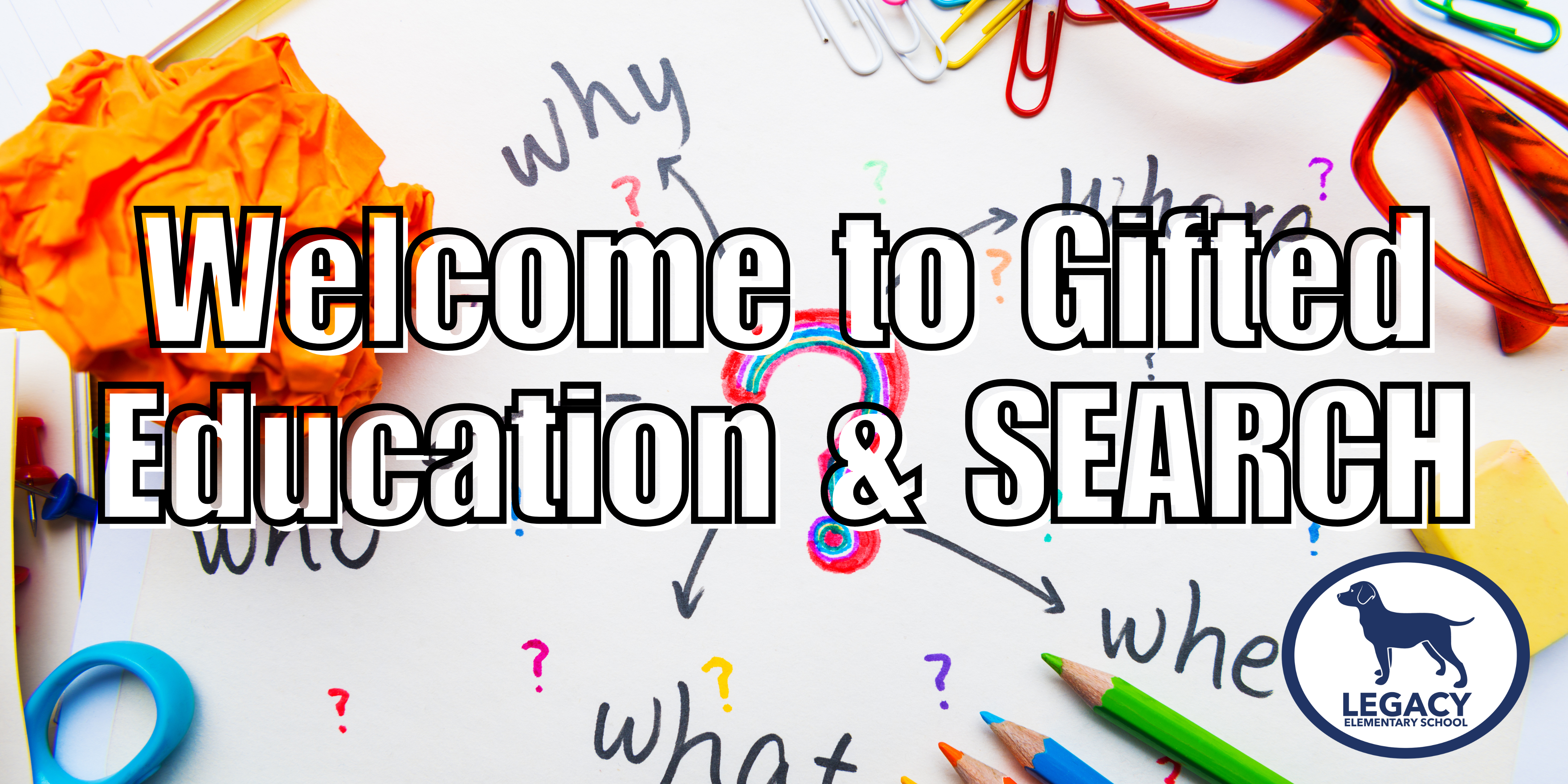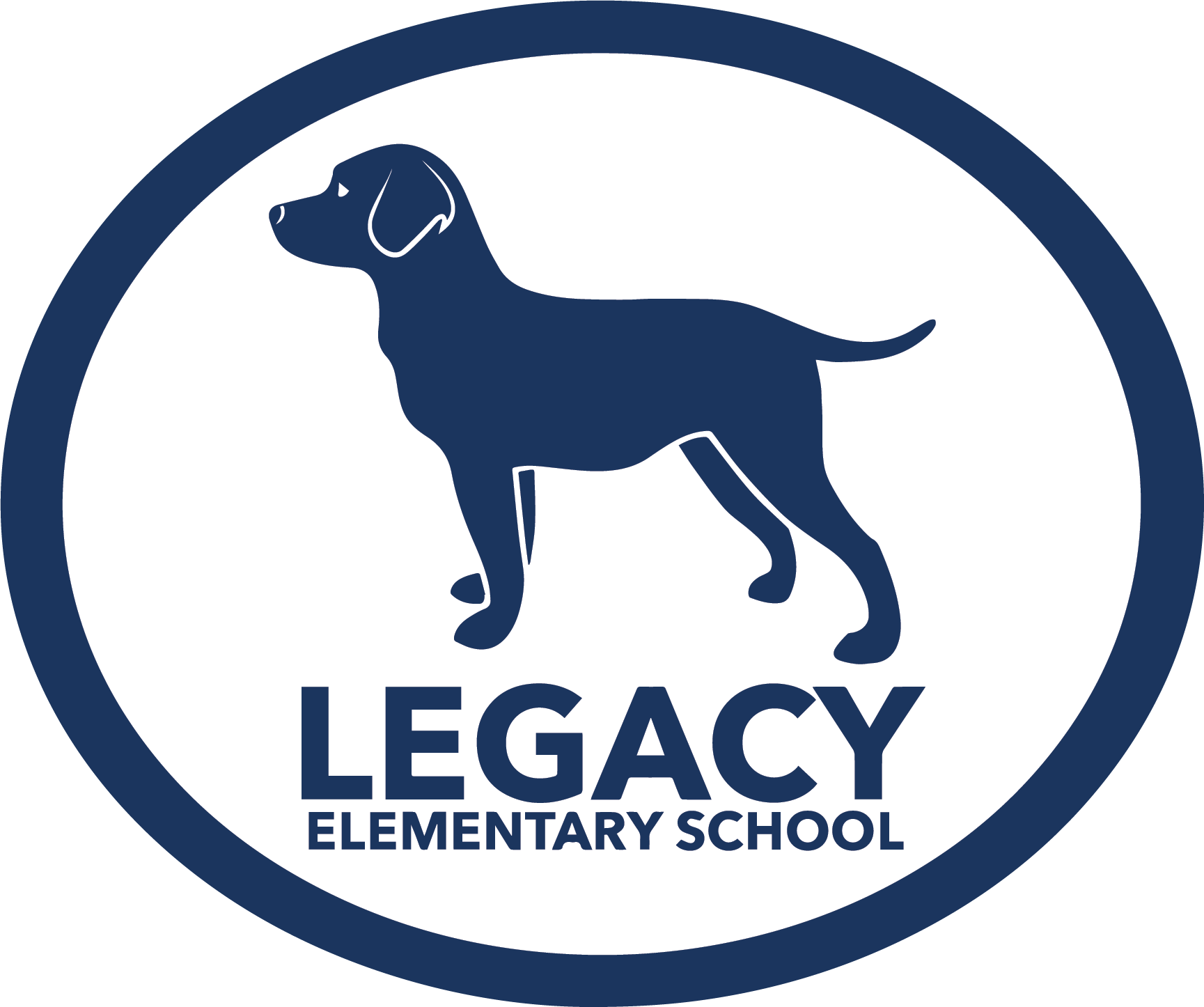Gifted Education/SEARCH

Please contact our FUSION teacher, Deborah Davidoff (Howard), or our SEARCH teacher, Cristin Pozniak, with any questions you may have.
2025 Spring Gifted Evaluation Cycle
The 2025 spring gifted evaluation cycle for students in grades 4 and 5 is now open. Students in grades 4 and 5 who were not evaluated in the fall of 2024 may be evaluated for gifted services. Students may only be evaluated for gifted services once per academic year. Students evaluated for gifted services during the fall cycle may be reevaluated next school year (2025-2026).
Parents/guardians of 5th-grade DCI students should be aware that the DCI program ends after 5th grade, so students must be reevaluated during the spring cycle to determine eligibility for middle school gifted services.
To request an evaluation, please complete the online Permission to Evaluate form below. For students to be evaluated during this spring cycle, forms must be submitted by February 3, 2025.
If you have specific questions about your child and the gifted evaluation process, please contact Deborah Howard (deborah.howard@lcps.org)
If you prefer a paper copy of the form, please contact the gifted resource teacher at your child's school.
Permission to Evaluate Online Form - Elementary School (English)
Permission to Evaluate Online Form - Elementary School (Spanish)
Permission to Evaluate Online Form - Elementary School (Arabic)
Parents of 3rd Grade Students:
All 3rd grade students will be evaluated for possible gifted services as part of the LCPS universal evaluation process. Evaluations take place in the spring. Families do not need to submit a form to initiate this process.
Families may choose to opt their child out of this process by submitting an opt-out form to the gifted resource teacher, Deborah Howard or Cristin Pozniak
Gifted Program Goals:
The LCPS Gifted Program is centered around three goals based on 21st Century Skills. Our programs and services hope to provide students learning opportunities and support in order:
To become divergent creative thinkers who recognize problems and solve them.
To construct personal meaning and understanding of others and of the world around them.
To develop the capacity for self assessment (ownership of the learning).
SEARCH: (Grades K-3)
Search teachers provide model lessons in thinking skills to students in grades K-3*. Classroom teachers work with the SEARCH teacher to screen students for gifted services. The bi-weekly SEARCH lessons are designed to foster an environment that encourages students to think, take intellectual risks, and develop an excitement for learning and discovery across a variety of thinking skills.
The Search curriculum is problem-solving based and founded upon gifted education research. The curriculum spirals developmentally through five components: perceiving, reasoning, connecting, creating, and evaluating. Each grade level learns about each component at increasingly more complex and abstract levels.
Thinking Keys:
Perceiving is understanding and learning with one’s senses. Concrete spatial and visual activities are provided and students are encouraged to look at objects in many different ways. Pattern recognition and prediction skills develop and are used along with reasoning skills.
Reasoning is using information to find answers that can be proven, are logical, and make sense. Reasoning activities begin at the simple level of recognizing, labeling, classifying, and comparing attributes of concrete objects. As students mature, reasoning activities become more abstract as students use analysis and logic to solve problems.
Connecting means linking information and ideas to see how they fit together. At the basic level, students identify and extend patterns using concrete objects. More abstract problem solving involves interpreting and extending numeric patterns, determining relationships between concepts, and making generalizations. Students make connections between cause and effect.
Creating is putting ideas, information, or objects together in a new or different way. Students learn to be flexible and fluent in their thinking with familiar objects as well as unusual and/or real life problems. Original ideas are elaborated with humor and/or beauty to provide clarity and completeness. Student products may be visual, verbal, spatial, or kinesthetic.
Evaluating is using information to make a decision. Students begin evaluating by determining what the facts are and what considerations are important in making a decision. Students learn to develop criteria and rank solutions or choices according to the criteria when making decisions.
EDGE: Empowering Diversity in Gifted Education (Grades K-5)
EDGE (Empowering Diversity in Gifted Education) is a talent development program designed to provide additional academic rigor and challenge to develop the talents of students who exhibit high academic skills and who are from groups historically underrepresented in gifted programs and other advanced academic opportunities. A student with high potential shows readiness for performing at an exceptional level of accomplishment in at least one academic domain.
Equitable learning experiences lead to deeper learning for all students. EDGE participants may include students from culturally and linguistically diverse backgrounds as well as students who may be twice exceptional. EDGE provides research-based academic opportunities that develop talent by providing additional rigor and challenge to prepare students for higher-level academic pathways.
DCI: Differentiated Classroom Instruction (Grades 4-5)
The LCPS Gifted Education Department has added a new level of gifted services for 4th and 5th grade students. It is called Differentiated Classroom Instruction or DCI. Students who demonstrated exceptional performance in one domain, language arts or mathematics, during the gifted evaluation process were found in need of DCI in their area of strength. Some students may have been identified for DCI mathematics and DCI language arts.
DCI students will have extension and enrichment opportunities in their area(s) of strength. These activities are designed to provide additional rigor and deeper learning in language arts and/or mathematics.
Questions about DCI for 4th and 5th grade students may be directed to the gifted resource teacher at your child’s school.
FUSION: School-Based Collaborative Gifted Program (Grades 4-5)
The School-Based, Collaborative Gifted Program, now known as FUSION, is the model for delivering gifted services for 4th and 5th grade gifted learners. It was established to provide gifted services for students at their home schools. A gifted resource teacher collaborates with classroom teachers to challenge gifted learners in their regular classrooms by enriching and extending the general curriculum and by integrating curricula developed for gifted learners (e.g., William & Mary Literature Units, Jacob's Ladder, and Mentoring Mathematical Minds). In addition, gifted learners meet during the week with other gifted learners to collaborate on a variety of challenging, interdisciplinary projects focusing on the themes of Leadership and Innovation.
LCPS Gifted Webpage: lcps.org/giftedandtalented
For more information on LCPS gifted programs, please visit our LCPS Gifted Webpage at lcps.org/giftedandtalented. You can view webinars with more information about elementary gifted programs and services and learn more about the gifted evaluation process for our FUSION and DCI service levels. Parents of 4th and 5th graders may also access online forms to begin the evaluation process.
Direct links (if you’d like to provide them on your page or send them via email):
Permission to Evaluate - English
Permission to Evaluate - Spanish
Permission to Evaluate - Arabic
Permission to Evaluate - Urdu (coming soon)
Video webinar links (coming soon)
